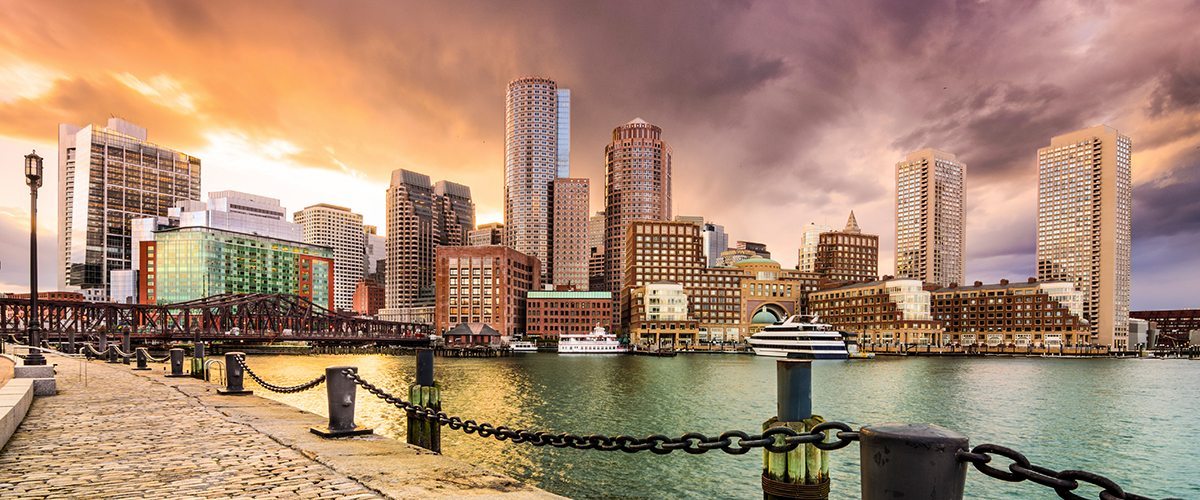[vc_row][vc_column][vc_column_text]
Cannabis industry insiders are predicting that Massachusetts will not have enough marijuana when sales begin next summer.
Adults in Massachusetts looking to purchase marijuana when legal sales begin next summer are likely to be disappointed, as industry experts are predicting that there won’t be enough product to meet demand.
“The first places to open up will sell out in less than a week,” Peter Bernard, president of the Massachusetts Grower Advocacy Council, recently told MassLive.com.
While legal sales are slated to begin on July 1, Bernard predicts that cannabis retail outlets won’t have an adequate amount of marijuana products to sell until late spring or early summer of 2019.
The problem is that there will not be enough turnaround time for cannabis businesses to obtain their licenses, grow cannabis, and manufacture products to sell by July. Recreational retail companies will be allowed to apply for licenses starting in April and licenses will be issued after June 1.
The state will allow existing medical marijuana dispensaries that already have cultivation facilities in place to begin selling adult use cannabis products beginning July 1, but so far just 12 of those companies are licensed, far too few to meet the demand of consumers.
“It’s highly likely in the first six to 18 or 24 months in the market there will not be enough cultivation space to support the demand,” said Brandon Pollock, CEO of a medical marijuana company that intends to apply for a recreational license.[/vc_column_text][/vc_column][/vc_row][vc_row][vc_column][vc_single_image image=”27638″ img_size=”1200×250″ onclick=”custom_link” img_link_target=”_blank” link=”https://www.medicalmarijuanainc.com/overview-of-u-s-medical-marijuana-law/”][/vc_column][/vc_row][vc_row][vc_column][vc_column_text]Nevada, which launched its adult use market this past July, faced a severe supply shortage due to a lack of distribution avenues and ran out of marijuana product two weeks after sales started. Massachusetts’ expected shortage will be related to inadequate cultivation.
Transporting cannabis across state lines is illegal, so the product sold in Massachusetts must be grown in-state. In Massachusetts, even when considering the existing dispensaries with established growing efforts, there will only be around two dozen facilities in operation by the time recreational licenses are issued. Colorado and Washington, two states with functioning adult use markets, have hundreds of dispensaries.
“The fundamental problem is we’re coming into the recreational market with not as developed or as mature a medical program as we had seen in other states,” said Adam Fine, a Massachusetts attorney who specializes in cannabis law. “We don’t have currently cultivation capabilities to keep even close to the anticipated high demand once the first recreational marijuana retailers open up.”
Voters in Massachusetts legalized adult use marijuana last November after 54 percent approved Question 4, which permits adults 21 and older to possess up to 1 ounce of marijuana, keep up to 10 ounces of marijuana at home, and grow up to six plants for personal use. The measure approved by voters called for a maximum 12 percent tax, but a new reform bill passed by state lawmakers nearly doubles that rate to up to 20 percent.
Following what is likely to be a rocky ramp-up period, Massachusetts adult use market is expected to generate between $707 million and $1.312 billion in sales, generating an estimated $93 million to $172 million in tax revenue.
“It’s going to be a slow rollout,” said Bernard. “When places start to open, they will probably run out quick.”
Massachusetts is one of eight U.S. states to pass laws legalizing recreational marijuana. Learn more about cannabis laws in the U.S. through our education page.[/vc_column_text][/vc_column][/vc_row]






